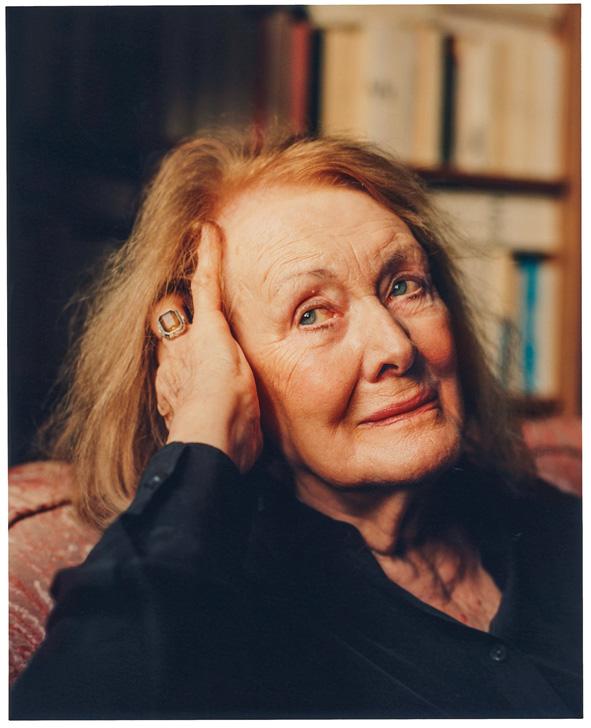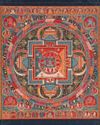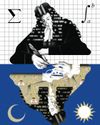
For decades, the Nobel laureate has reworked the meaning of her own experiences.
“I don’t feel particularly like another woman,” Annie Ernaux said, on a recent afternoon, when she was asked what it was like to win the Nobel Prize in Literature. Does winning a prize— the prize—turn you into someone else? In the minds of others it does. Although Ernaux has never been preoccupied with her Nobel odds, she has long been considered a contender by those who delight in speculating about which of the world’s writers the Swedes will crown next. Last year, at Nobel time, Ernaux left her home in the Paris suburb of Cergy for a physical-therapy appointment and found herself barraged by journalists who had camped out in front of her gate, “just in case.” The day before this year’s announcement, people at Gallimard, her French publisher, warned her not to go out or answer the phone the next morning. She obliged, even when she saw a Swedish number popping up repeatedly on her caller I.D. (“A bad joke,” she assumed. She has been hoaxed in the past.) A few minutes after one in the afternoon, she turned on the transistor radio in her kitchen and heard her own name. “It was perfectly unreal,” Ernaux said. She was alone with her cats.
This story is from the {{IssueName}} edition of {{MagazineName}}.
Start your 7-day Magzter GOLD free trial to access thousands of curated premium stories, and 9,000+ magazines and newspapers.
Already a subscriber ? Sign In
This story is from the {{IssueName}} edition of {{MagazineName}}.
Start your 7-day Magzter GOLD free trial to access thousands of curated premium stories, and 9,000+ magazines and newspapers.
Already a subscriber? Sign In

MEAN TIME
“Hard Truths.”

ENLIGHTEN ME
The secret beauty of mandalas.

THE BEST OF THEM
His was a genius for the ages. Will Gottfried Leibniz ever get his due?

DEATH CULT
Yukio Mishima’ tortured obsessions were his making—and his unmaking.

Prophecy
The night of Dev’s twenty-second birthday, he was invited to sit with the elders after dinner.

A TALE OF TWO DISTRICTS
Lauren Boebert and Colorado’s red-blue divide.

THE TIKTOK TRAIL
Andean migrants draw others to the U.S. with videos depicting themselves as living the American Dream.

LOVE AND THEFT
Did a best-selling romantasy novelist steal another writer's story?

OUR NEW TWO-FACTOR AUTHENTICATION SYSTEM
Our two-factor authentication system is expanding because text messages and e-mailed codes are becoming less secure. Also, we’re committed to making sure your log-in process is more of a hassle than it needs to be.

STILL PROCESSING
Why is the American diet so deadly?